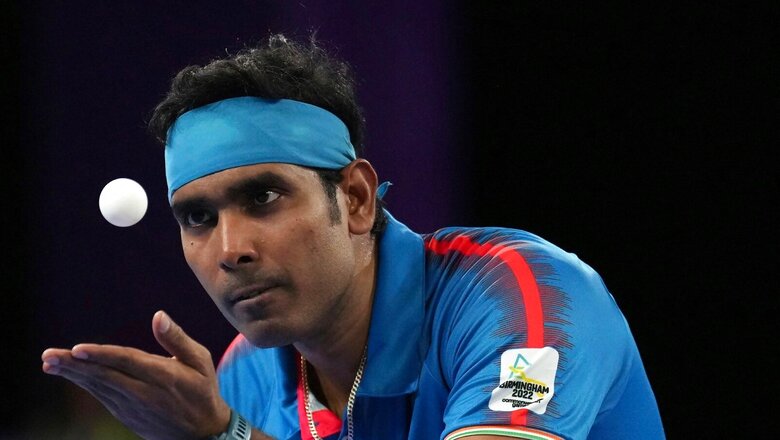
views
Very few Indian sportspersons have had a glittering career at the international level even into their 40s. Sachin Tendulkar in cricket, Leander Paes in tennis, Viswanathan Anand in chess, Narain Karthikeyan in motorsport have excelled in their own right even after touching 40. Add to the list table tennis’s Sharath Kamal, who won his second Commonwealth Games men’s singles gold in Birmingham recently, 16 years after his first in Melbourne.
Sharath, who turned 40 before the Birmingham 2022 CWG, talks exclusively to news18.com from his home in Chennai about his journey.
Excerpts:
How sweet was your second CWG singles gold, coming 16 years after your first?
Actually, it is very difficult to compare because the situations are very different. When I won in 2006, people did not know the sport much. When you say table tennis, they connect to tennis, badminton and everything else other than TT. Also, I was too young then. I had no expectations. I didn’t even know what it takes to be a champion. I went to Melbourne (2006), things fell into place and I started gaining confidence when we won the team championship. The team shot to glory. We were in the media glare, there were a lot of interviews. Towards the end of the day, it came to a situation where we ourselves anchored, taking the mic and conducting interviews amongst ourselves. We thought we could get more insights from each other. We were enjoying those moments. Getting into the singles final, when I just peeped into the stands before the game, I saw people from the IOA and shooting contingent. That made me more nervous.
This time in Birmingham, the badminton and boxing teams were there. I knew these people were there to support me and I had to make full use of it. There was a different mindset in 2006 and 2022. In the 2018 CWG (Gold Coast, men’s singles bronze), I had a decent outing. After the 2006 CWG, I did not enter the final in the subsequent CWGs until 2022. But preparation was like ‘I had to win this time’. I was clear in my mind. I went in with a strong will to win in 2022. It was not that had I not won, I’d have been dejected. I understood how to take on big matches.
During the whole of 2022 CWG, during my matches, there was a sense of calmness, if you noticed me. The confidence I had was vibrant to the spectators. That comes in through a lot of practice. I started my preparation for CWG in January 2022. The Asian Games was also postponed. So I knew I had a singular goal, to peak once and not twice in succession, for CWG and Asiad. Had Asian Games been held as scheduled in 2022, I’d have had to tweak my training schedules and peaking mechanism, which is basically periodisation. It is not easy peaking twice, given my age. I’m not in my late 20s where I can say, ‘okay, within two weeks I can start training and I’d be back where I was’.
Thanks to Ramji Srinivasan (strength and conditioning coach in Chennai who was formerly with the Indian cricket team during the 2011 World Cup) for making me understand the periodisation, taking me through different phases of training like making the foundation, then go into a phase where we’ll use explosiveness into play and at the same time do endurance. Then as a tournament approaches, it’s explosiveness. My peaking mechanism may be different to that of others. Peaking is not just physically but also mentally. It is discussed and designed by my TT coach, my fitness coach, my mental coach and my nutritionist. We constantly keep adapting.
Sports science has helped me gain confidence. The difference between 2006 and 2022 is vastly the experience I gained. In 2006 final, I was so nervous and was constantly thinking about winning. In 2022 final, my confidence level was so high that I knew for sure I was going to win. There is a thin line between arrogance and self-confidence. That self-confidence, I could see in myself. It is a process that does not come overnight.
You have also matured over the years to understand what works for you and what doesn’t. Isn’t it?
Even though I am sitting with my coaches, I understand clearly ‘this is what I am doing’, ‘this is why I am doing’. The same Sharath Kamal 15 years ago would ask ‘why should I do this?’ Now that they have told me, I understand the sessions better. I know the goal of the exercise, the goal of the session and focus on footwork, technique or match play.
The singles victory must have tasted sweeter, having got the better of Liam Pitchford, who along with Paul Drinkhall beat you and G Sathiyan in Men’s Doubles final?
I still had a slight fear and was slightly nervous. Prior to that, we qualified for the men’s doubles final, mixed doubles final and the men’s singles final. Suddenly, I thought, if things completely go haywire from here, I’d have a silver in mixed doubles, a silver in men’s doubles and probably not a medal in men’s singles. But again, you had to shut down all those thoughts and focus on the job on hand. After losing the men’s doubles final, I knew it was going to be an uphill task and I had to play my best game. It was more a matter of confidence than technical adjustments. It was about me. I was fighting myself. Once I won the men’s singles semifinal, I was looking forward to the mixed doubles final. On the contrary, (my mixed doubles partner) Sreeja Akula had lost her singles match. She was in tears. I asked her coach to talk to her. We did not bombard her at the same time but at different times, we spoke to her saying ‘you still have a job on hand’. Of course, it is not easy to digest the loss. She was mature enough to carry herself from there, and we won the mixed doubles gold.
How much have you evolved yourself as a player in all these years?
A lot. I didn’t think I’d be able to evolve so much. The way I have been able to keep improving myself over the years, I have surprised myself. Thanks to the Covid break, I had a lot of time to introspect and understand what’s been happening and where I can improve. Otherwise, it was tournament after tournament and I was playing catch-up. Due to the Covid break, I was able to sit down and work on myself. Old habits die hard, they say. It was very difficult to come out of my comfort zone. But I said to myself that I had to work on certain aspects of my game. With age, if you want to do something that you are not comfortable at, you even dislike that. I had to break that stereotype. I worked on my back hand and defensive game. Defence was not my strong point. Now, I have the confidence to defend a few balls before I can counter attack. When I am able to do that, the opponents are shaken and unsettled.
I have evolved in my fitness too. We (my coaches and I) spent a huge amount of time understanding what’s happening with my body. With Ramji sir, we sat down for two days and did my fitness testing and physio testing. We understood that in 2009 I had a minor injury on my right toe, because of which I was not able to use that part of my body effectively. As a result, the kinetic chain of the body was not working. Some other parts were working. Once we understood, we worked on it. Had there been regular tournaments, we’d not have understood my body better. We’d have found temporary relief for that momentary symptom. During Covid, I had a peace of mind to work on my body. And, I am still fighting it out.
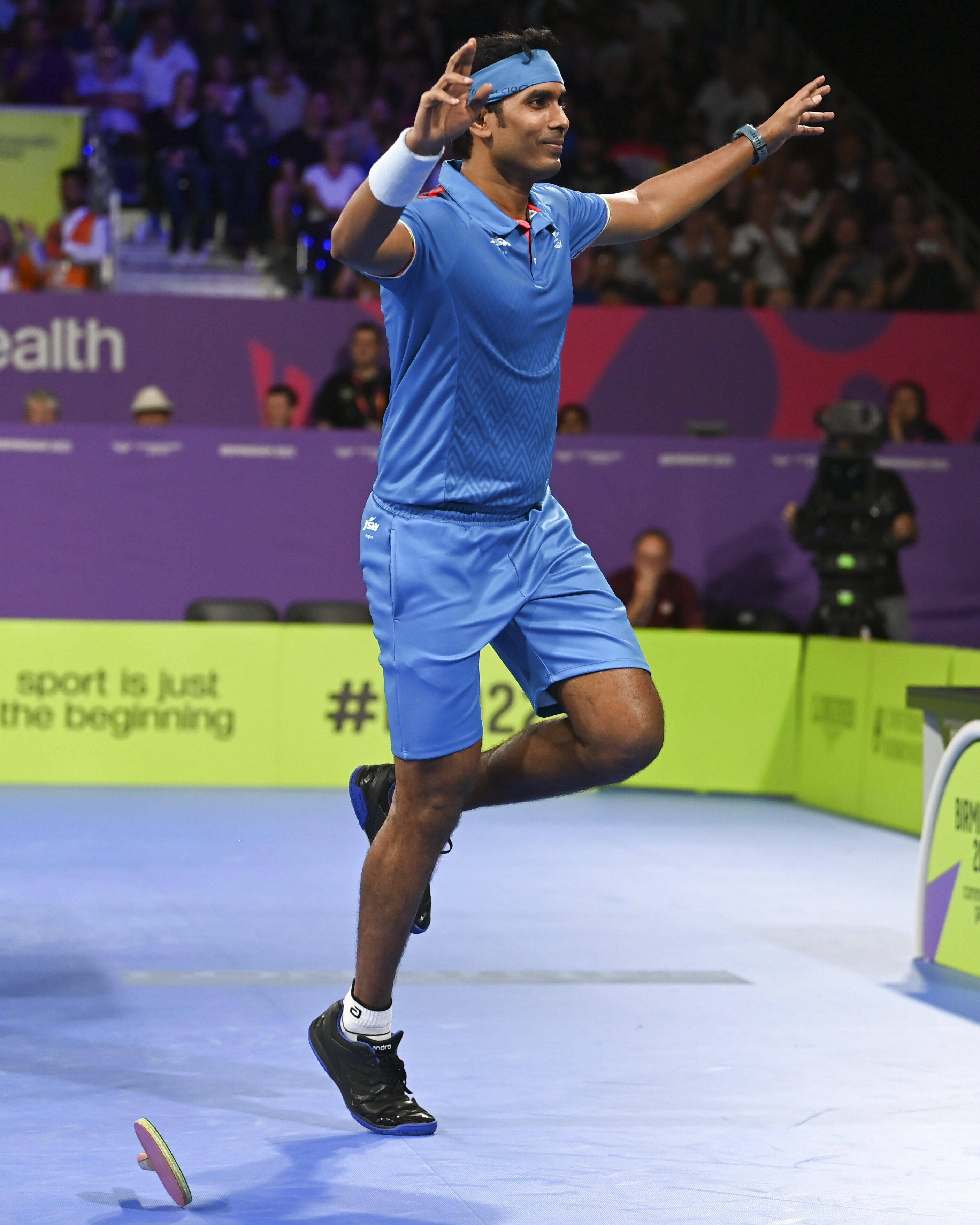
You seem to be getting better with age. You are in your 40s and very few stay active at the international arena into their 40s. Do you look up to others who have excelled past their 40 years of age?
Not necessarily. I didn’t have to motivate myself by comparing with them. I compare with myself, how I was a couple of years ago and if I could improve by 5% or 10%. Do I have that motivation physically and mentally to improve by 5% or 10%? That is what I am looking at. Of course, during the Covid, motivation was a huge factor. There was no motivation. There was nothing more I had to do to prove to anyone but to myself, to my coaches, to my family. I have always kept myself as an object of comparison. If I compare myself with someone else, maybe my motivation level may drop. To me, I should be my better version.
Do you look up to any other sportsperson? Have you had a chance to meet them?
Roger Federer is one I look up to, and now of late, Rafael Nadal. The way Nadal has come back despite age and injuries and win Grand Slams is inspirational. When I started representing India at the international level, it was around that time that Federer started winning Grand Slams, Mahendra Singh Dhoni was making his mark at the international level. I take pride that I am from that generation. I had a chance to meet Federer but not had a chance to meet Dhoni. Federer was aware of the German TT, of which I was a part of. He was aware of Timo Boll (German TT player) and I played alongside Boll in the German leagues. We discussed the German TT leagues. He also plays TT well. He follows football.
What keeps you going at 40?
I don’t see it as what is left to achieve at 40. I look at how differently I can answer different challenges. Between 2006 and now, the dynamics of the sport is different. How you handle it is important. On top of that, we don’t have an Olympic medal. We have even won an Asian Games medal (2018). Once we get an Olympics medal, then my showcase will be complete.
What needs to be done for India to win an Olympic medal?
I’d look at it in a positive way where we have been constantly improving. Of course, we have not won an Olympic medal. The fact is that from where India have been coming in the last few years, we are in an upward trend. If we continue in the same way, we can win a team medal at the Paris Games, 2024. If we qualify for the team event in the Olympics, we are only two rounds from a medal round. This is very much possible, given the current scenario. I hope that question will be answered soon. We have answered in Asian Games with a medal. Next, we have to answer in the Olympics. The day is not very far.
And, Sharath Kamal has an important role to play in that, right?
Yes, yes. Probably as a player, as an administrator or as a coach. I will be a part of it. I have always been a part of it, wanting to give back to the sport. I am playing at 40. I am looking at Paris 2024. But what beyond Paris? Maybe I can still play, God willing, body willing, I can still contribute to the sport as a player and that is the best possible way. If I don’t find a way where I can continue as a player, I will stay in touch with the sport. The sport has given me so much. As a player, I have been giving but at the same time, I have also been taking from the sport. As a coach or administrator, it is about giving back to the game. Time will tell.
How is the health of Indian TT at the moment?
The most important factor is to keep improving the infrastructure. Accessibility to the stadium is something to be looked into. Every district should have the infrastructure. As far TT is concerned, we’d need support staff. Indian players are developing in a fast-paced manner but the Indian coaches are not able to develop at the same rate. If the coaches are able to improve as much as the player, it is easy to make champions. We’d need a foreign expert who will help develop the whole structure. A foreign expert will be able to bring that change. He will be neutral and get the work done.
You have a record 10 National titles and a whole lot of other wins. What gives you the edge over the others in India?
I can say I still have the edge over others. But, if I blink, then I will be on the back foot. There is no guarantee that I will win every time I enter the court. But it is a good space to be in. The main thing is the experience I have gained over the years, I am able to translate into my game, combined with mental and physical fitness. And again, I’d attribute it to my coaches, Ramji, nutritionist and mental coach. With age and experience comes some amount of baggage. I was reading a book ‘What got you here won’t get you there’ and it was an eye opener for me. By doing the same things again and again, you are not going to go to a new place. The adaptability and the ability to work is giving me the edge to stay ahead despite the age.
How old or young is 40 in table tennis?
Actually, not so many people play at 40. Maybe five in the top 100. Really happy I am able to keep it going at this moment. Since I moved back from Germany in 2016, I did not think I’d play in two CWGs. I was sure of playing in 2018 CWG but not sure of 2022. Now, people around me are sure of me playing in the 2026 CWG. The expectations from them will fuel me to keep playing.
How has playing in Germany helped you? Is playing in Europe what is required for Indian paddlers?
Times have changed. When I came to the India level, my only choice was playing in Europe. Tournaments in India were from August to December. But after that? In Germany, it was almost round the year. You had to constantly adapt. I was living in Germany and was based there, and travelling to India. With the amount of tournaments now in India, you need to have a base in both India and Europe. We are pretty level with Europe.
Read the Latest News and Breaking News here












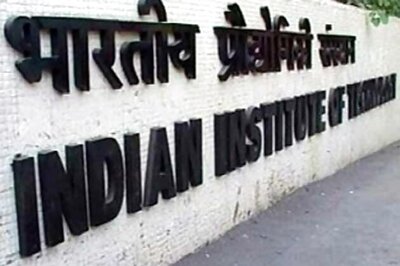
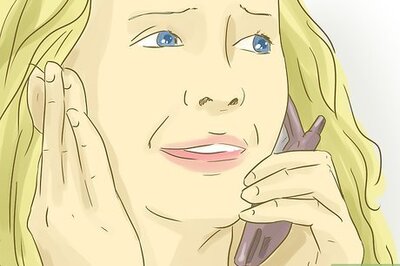
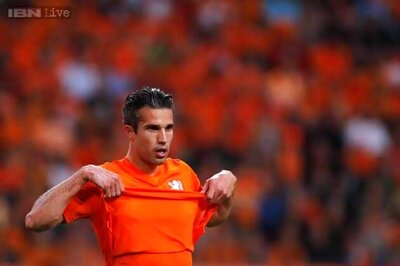
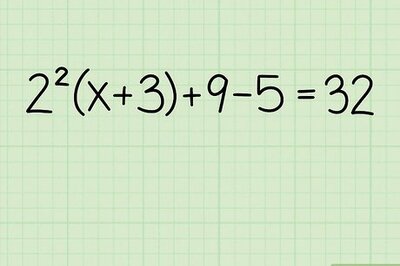
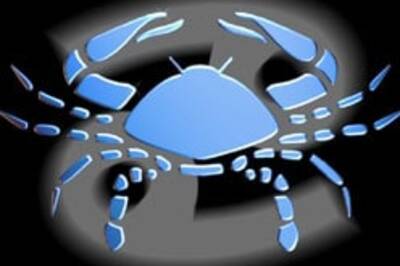
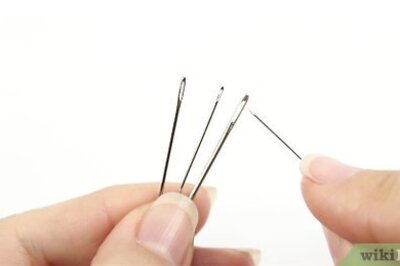
Comments
0 comment